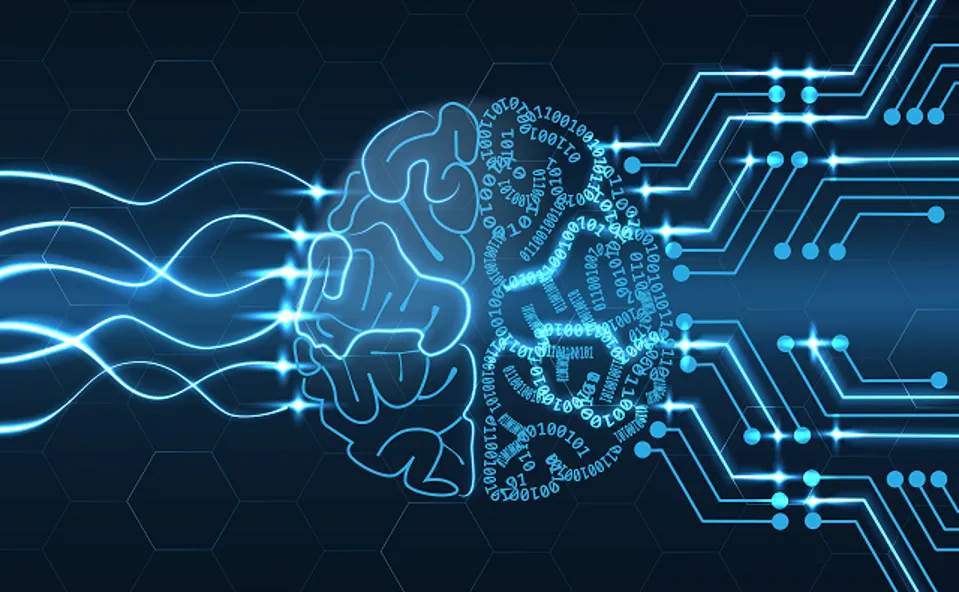
CeRAI is pleased to announce its academic partnership with Carnegie India's 2023 Global Technology Summit. At the panel on "The Evolving AI Landscape: Risks and Responsibilities," CeRAI convened with industry experts, policymakers, and scholars from around the world to examine the challenges and opportunities of regulating digital platforms. To begin, we posed the following questions:
How can various stakeholders engage in a nuanced conversation about the potential applications, risks, and shared responsibilities associated with AI?
How can we gain a deeper understanding of the technical factors underlying AI breakthroughs?
In this panel, our keynote speaker, Professor Ravindran, participated in a discussion aimed at addressing these questions.
One of the main topics of discussion was the transition of artificial intelligence (AI) to more advanced generative AI models, which are capable of creating novel and realistic content, such as text, images, audio, and video. The panelists explored the possibility of a global convergence on AI, and how different regulatory mechanisms will respond to the growing adoption of such AI systems. They also discussed how countries can prepare for a transition to increasingly AI-enabled economies and societies, and what are the ethical and social implications of generative AI.
Another key topic was the governance of digital platforms, which have become ubiquitous and influential in the modern world. The panelists examined the challenges and opportunities of regulating digital platforms, such as ensuring fair competition, protecting privacy and data rights, promoting innovation and inclusion, and combating misinformation and cyber threats. They also debated the role and responsibility of digital platforms in fostering democratic values and norms, and how they can contribute to global public goods.
The summit also addressed the future of work, and how technology is transforming the nature and quality of work and employment. The panelists analyzed the trends and drivers of the changing world of work, such as automation, digitalization, globalization, and demographic shifts. They also discussed the skills and competencies that workers will need to thrive in the future, and how education and training systems can adapt to the changing demands. They also explored the policies and practices that can ensure decent work and social protection for all workers, especially those in the informal and gig economy.
The role of technology in health and education was another important theme of the summit. The panelists highlighted the potential and challenges of using technology to improve health and education outcomes, especially in the context of the COVID-19 pandemic and its aftermath. They also shared the best practices and lessons learned from various initiatives and innovations that leverage technology to enhance access, quality, and equity in health and education services. They also discussed the collaboration and coordination among different actors and sectors to harness technology for health and education.
The summit also focused on the challenges and opportunities of digital cooperation, and how countries and regions can work together to shape the global digital order. The panelists discussed the existing and emerging frameworks and mechanisms for digital cooperation, such as the UN Secretary-General’s Roadmap for Digital Cooperation, the G7 Digital and Technology Ministerial, and the EU Digital Agenda. They also explored the areas and issues that require more cooperation and coordination, such as digital trade, cybersecurity, digital taxation, and digital inclusion. They also emphasized the need for a multistakeholder and inclusive approach to digital cooperation, involving governments, the private sector, civil society, and academia.
My overall experience at GTS 2023 was eye-opening. It was an interesting opportunity to engage with stakeholders around the world across NGOs, Industries and Governments. Its a critical summit to engage in geopolitical issues and how they impact the technological growth around the world. It has made me rethink the mental models that I use about how the world is going to develop, accounting the responsibilities that one should uphold.